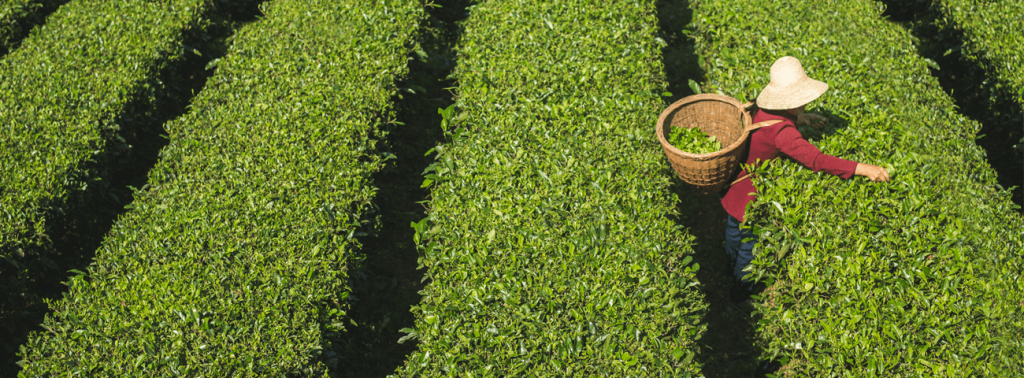Twenty years ago, companies didn’t have traceability in their own supply chains, and they weren’t proactive about sustainability. But that’s changing – and we can take huge pride in driving that change.
From our earliest days we have called on companies to acknowledge their social and environmental – not just their economic – impacts. We’ve challenged companies to be accountable for their actions and more and more companies are responding. That’s an extraordinary change and something that simply wouldn’t have happened without the Fairtrade campaign.
Many companies are now investing significant amounts of money in sustainability schemes designed to make life better for farmers. That’s a huge opportunity and one we will capitalise on through maximising the number of businesses that adhere to our standards, and are certified.
Increasingly, some companies also want to take direct control over how their investments are spent, which leads them to adopt their own development programmes, rather than third-party standards and certification.
Done right the benefits for a company investing in its own scheme are that it can set its own standards, choose its own means of verification, follow its own processes and, usually, save money. It can also potentially attract public funding as the government is increasingly committed to channelling aid money through the private sector.
How do partnerships benefit Fairtrade farmers and workers?
Very importantly there are benefits for Fairtrade farmers and workers too if we partner with robust company-owned schemes. Not only does it take us a step closer to making our vision reality, we can make sure Fairtrade principles and theory of change impacts are embedded at the heart of a business. We can make sure farmers and workers are benefiting, and their needs are central – in line with our empowerment principle. That farmers have control through organisations over how their additional premium (or equivalent) income is spent. We can also ensure that there is transparency and we can hold businesses to account.
Partnering with businesses shows we are able to be flexible beyond our core expertise in certification, and remain relevant in a changing world.
We know from our research that supporters are comfortable with us working with companies behind the scenes to help them do better. Indeed the involvement of Fairtrade reassures people that companies are being held to account and are not able to over-claim or engage in ‘greenwash’. And so in this context, Fairtrade has chosen to engage with the very best of these schemes, ones we believe will help us reach our vision and deliver significant impact for farmers and workers. We will only consider entering into a scheme which meets our partnership principles, which focus on the impact on producers, the potential for empowerment of farmers and workers and the commitment to independent third party verification. If we don’t feel a proposal meets our partnership principles we will work with companies to reshape their schemes or we will step back from supporting a scheme if we cannot achieve that.
We have a clear role to play in driving up standards, making sure farmers and workers are empowered, verifying impact and holding companies to account.
